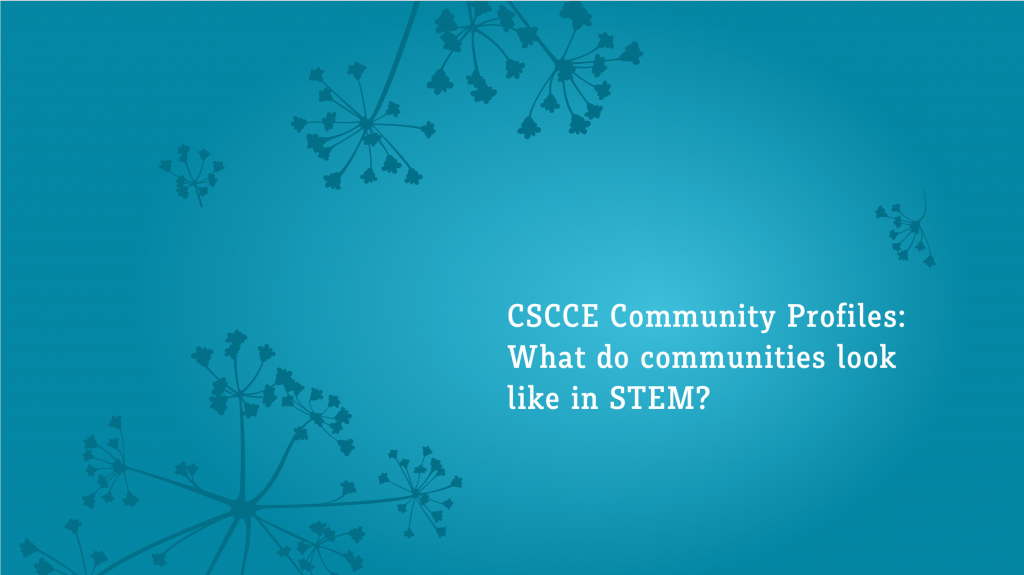For our fifth virtual tools trial, CSCCE community of practice member Mate Palfy shared his knowledge of the online conferencing platform Remo. In this blog post we offer a brief recap of the trial, and share our collaborative notes.
What’s a CSCCE tools trial? It’s an opportunity to try out an online platform with a group of your fellow scientific community managers and see whether it might be useful for your community. We have summarized all of our previous trials on the blog so you can catch up: Qiqochat, Mural/Padlet/Jamboard, Gather, and Etherpad+Video. And, join us next week at noon US EDT for the next trial in the series, which will be networking tool Wonder (previously YoTribe).
Continue reading “CSCCE Community Tools Trials Recap: Remo”
